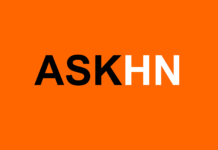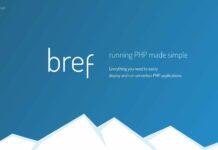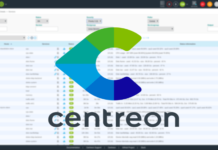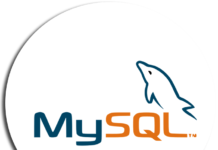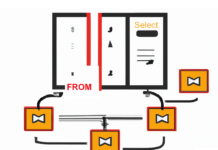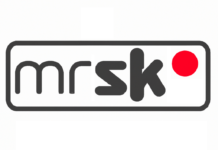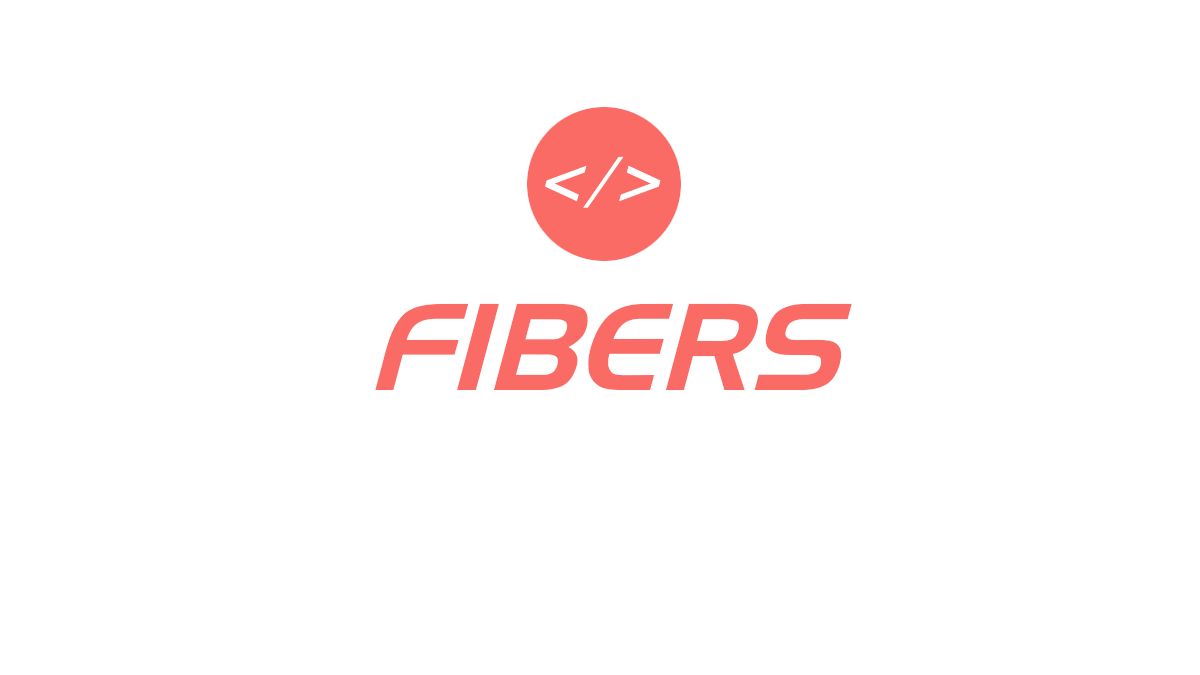Jeff Zucker, software developer and anthropologist specializing in online education, databases, and issues of technology and society in Venezuela, have posted at the O’Reilly’s Radar about Open Source in Venezuela. Jeff is also the co-author of the second edition of O’Reilly’s Programming the Perl DBI, the standard reference work on accessing databases through the Perl language.
The Third Worldwide Free Knowledge Forum was held last week in Maracaibo, Venezuela bringing together about 500 Venezuelan developers and advocates of “Software Libre” (Free-as-in-Speech Software) as well as speakers from FLOSS projects in Spain, Brazil, Columbia, the U.S. and Mexico. Many of the sessions were similar to what we expect at OSCON—issues like open science, IP; languages like Python, Perl; apps and projects like OpenOffice, Bayonne. But there was also much activity around issues of specific interest to Venezuela including local projects to use FLOSS in social service programs and local efforts to prepare for the upcoming massive migration of public agencies to open source.
The stuff that is happening with “Software Libre” in Venezuela is really mind-boggling. In January the Venezuelan open source law goes into effect, mandating a two year transition to open source in all public agencies. This massive undertaking will involve the training of hundreds of thousands of government employees and migrating of the software that runs not only their public agencies, but also their oil industry (which accounts for 70% of the country’s economy and is one of the largest business enterprise in Latin America). They are talking about a huge country-wide move to open source that dwarfs anything I’ve heard about anywhere else.
This should be on every open source hacker’s radar. Venezuala is going to need lots of open source hackers to help “train the trainers” for their migration process. The idea of open software as accumulative knowledge is really emphasized there. Reusability is a key concept. I think we can expect to see many contributions to CPAN, Sourceforge, and other repositories as a result of this move.
A representative of the national office of Intellectual Property remarked, not entirely in jest, that the name of his department should be changed to “Intellectual Prosperity” to shift the focus from ownership of ideas to the accumulation and reuse of ideas for the public benefit. Other attendees gave concrete examples of such benefits—a project supporting development of small FLOSS work-cooperatives to stimulate local economies; projects with Indians and other marginalized groups; projects to take work-flow apps developed for industry and reuse them in municipal governments to increase transparency and efficiency.
High-ranking representatives from half a dozen government agencies attended the Forum, indicating how seriously they take the move to open source. And it’s not only public agencies—CanTV, the largest telecom in Venezuela already runs mission-critical processes with Perl.
One of the issues discussed was how to get around resistance to open source, resistance which comes in places those in the U.S. and Europe might not expect. In Venezuela, for example, the universities are often quite conservative and independent. Professors and students described how they had been unable to convince their departments and sysadmins to install open source apps and OSs. The easy answer was to use live CDs, but a longer term solution will require re-education. The general approach advocated at the forum was not to depend on the force of the law, but rather to show the benefits of FLOSS—Software Libre, it’s not just the law, it’s a good idea.
—Jeff Zucker, aka jZed

